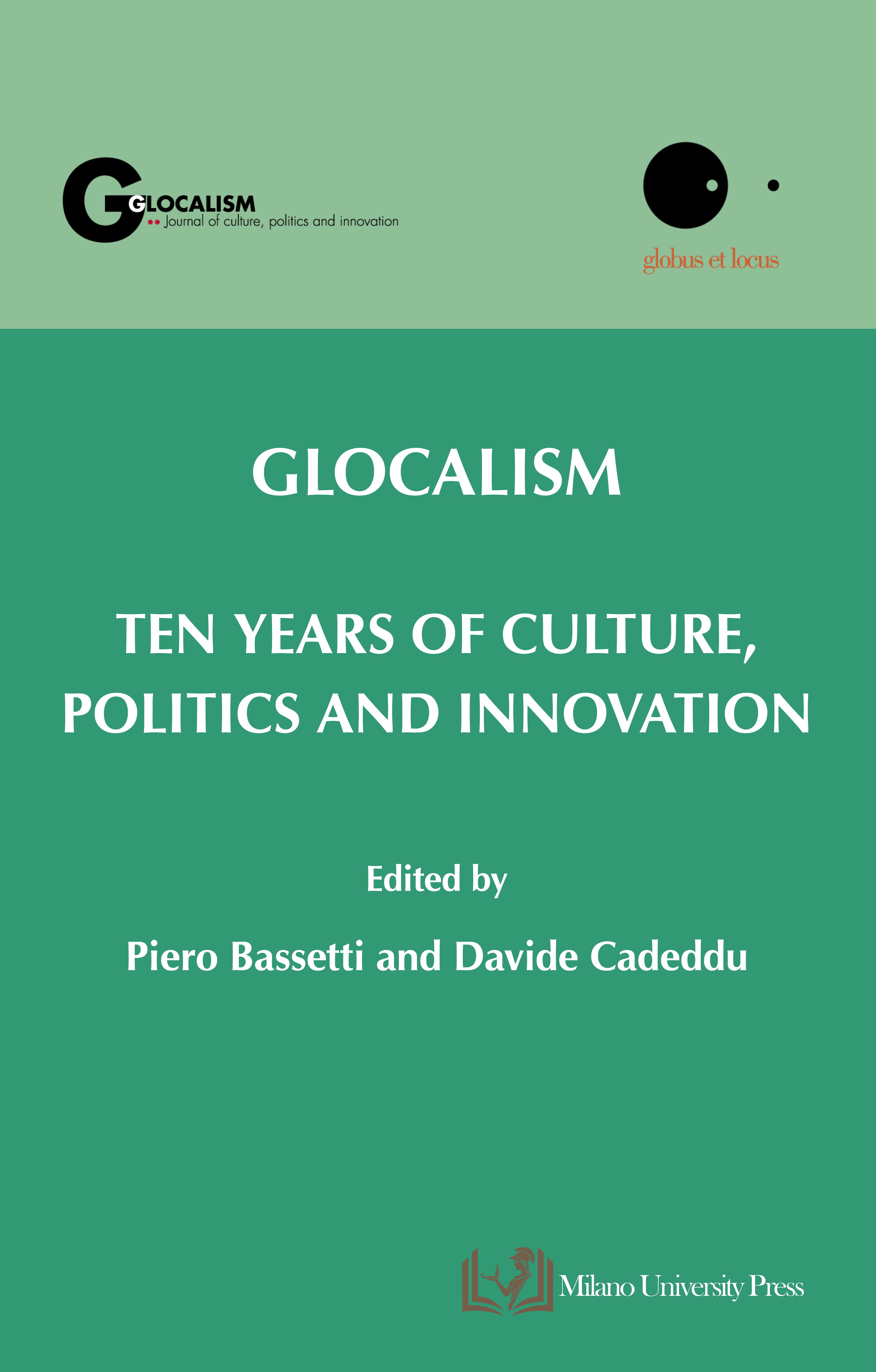Hispanics in the U.S.: Rethinking the Spanish Cultural Politics
DOI:
https://doi.org/10.12893/gjcpi.2018.1.5Keywords:
bilingualism education, Spanish culture, intercultural dialogue, Hispanic cooperation, language learning strategiesAbstract
In the coming decades, the United States will become host to the largest Spanish mother tongue (“Spanish native speakers”) community in the world. Spanish language instruction will consequently play a key role in the formation of a new US society based on plurilingualism. This form of linguistic integration must be based not only on an education system that surmounts the customary insularity of the English language, but also on the recognition and strengthening of the common cultural identity among Spanish-speaking countries. Finally, a final appendix deals with the problem of strategic positioning of language and of linguistic institutes in the world: the need for the latter to learn from their host societies, building a solid intercultural dialogue with them as well as the importance of maintaining full independence from the control of political authorities.
Downloads

Downloads
Published
How to Cite
Issue
Section
License
Copyright (c) 2023 Ignacio Olmos

This work is licensed under a Creative Commons Attribution-ShareAlike 4.0 International License.











